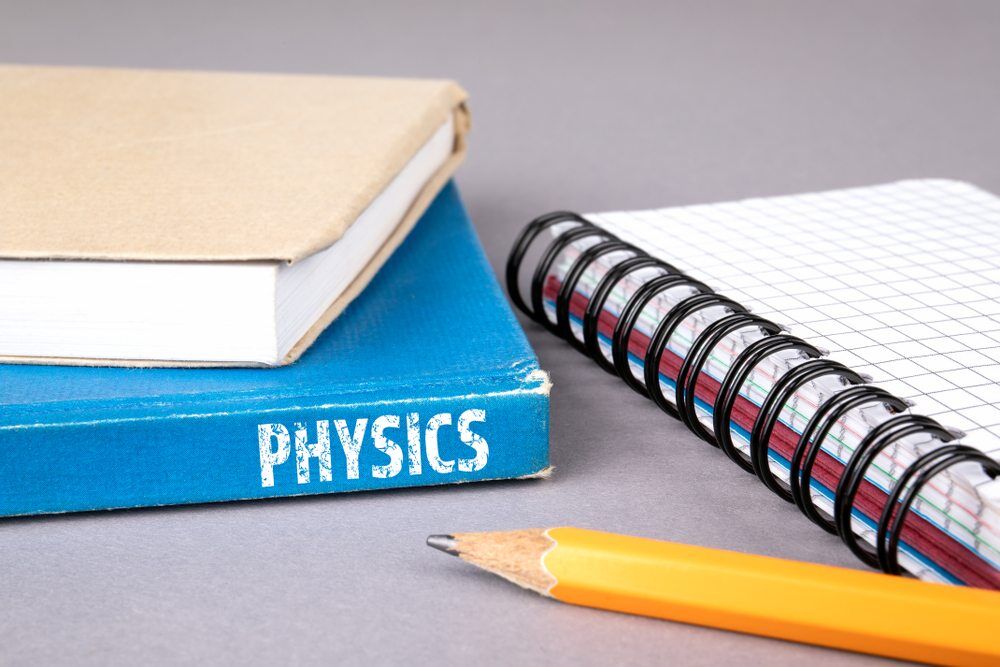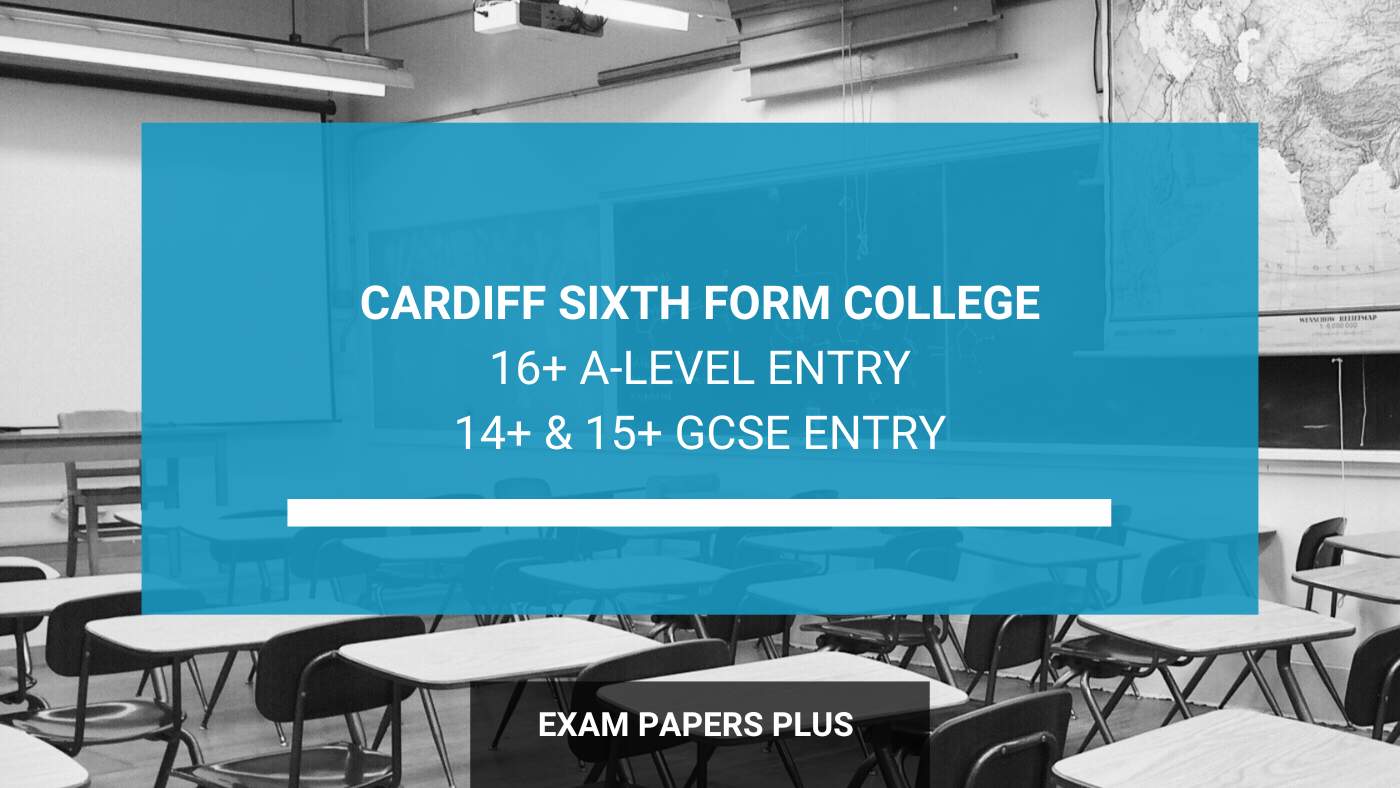
GCSE Physics Revision Tips
Bookmark this page? Pop your email into the box below to receive a link to this article so you can easily refer back to it later.
Table of Contents
Introduction
One of the most challenging aspects of revising for GCSE physics is knowing where to begin. How can you ensure that you cover all the material for the exam? How much time should you spend revising each topic? In this article, we’ll guide you through our suggested process for organising your GCSE physics revision.
Remember, the sooner you start revising, the more time you’ll have to improve any weak areas. Maintaining consistency and motivation are key.
Understand What the GCSE Physics Exam Entails
Knowing what to expect on the day of your GCSE physics exam can help ease your mind and organise your revision. The GCSE physics syllabus is broken down into eight main topic areas:
- Energy
- Electricity
- Particle model of matter
- Atomic structure
- Forces
- Waves
- Magnetism and electromagnetism
- Space physics
You’ll sit two test papers, each lasting 1 hour 45 minutes. The first paper covers the first four topics and the second paper covers the last four topics.
Create a Revision Timetable
It’s important to organise your revision into a documented plan. A revision schedule doesn’t need to be complicated and, in most cases, all you need is a spreadsheet or a diary to record what you’ll study and when.
At Exam Papers Plus, our preferred method is to use a wall planner, so you can see your schedule all at once. We suggest marking off what days you plan to revise GCSE physics and specify what topics you’ll study on each revision day. You might prefer to start at the beginning and work through each topic in order from energy to space physics. Or, you might prefer to mix up the order of topics if you feel it’ll make your revision more interesting.
Remember to include practice tests as part of your topic revision. Every time you finish revising a topic, spend some time practicing with sample questions like the ones we publish at Exam Papers Plus. Every time you complete a revision session, mark it off on your wall planner. Seeing the days being marked off can help you chart your progress and give you the motivation to keep going.
Practice Different Physics Question Types
In the GCSE physics exam, there are four question types: multiple choice, structured, close short answer and open response. Being able to identify the type of question you’re being asked can help guide your answer. Let’s look at each of these question types in more detail:
Multiple choice – Typically, multiple choice questions in GCSE physics are worth one mark. Some questions are designed to test your retained knowledge by asking you to choose the correct answer from a choice of ‘facts’. Other multiple choice questions require you to do some ‘working out’ to find the correct answer. For example, you may be asked to rearrange an equation to find a specific solution. A common mistake in tackling multiple choice questions is underestimating the amount of time each one can take.
Structured – These types of questions typically begin with a command word, e.g. ‘how’, ‘why’, ‘find’ etc. Being able to identify a structured question can help lead you to the type of answer that the examiner is looking for. For example, the word ‘find’ could suggest a multi-step question worth 2-3 marks. They key to answering structured questions is to show your working in logical steps.
For more advice on identifying command words, read our post GCSE Physics: Understanding Command Words.
Closed short answer – A closed short answer question typically requires a short response within one sentence. These types of questions are typically worth 1-3 marks and usually rely on your ability to recall facts or processes and demonstrate your retained knowledge. When answering closed short questions, it’s important to strike the correct balance in terms of the length of your answer. For example, a 2-mark question will typically require you to write more than a single word response, but certainly not any more than 2 or 3 sentences.
Open response – These questions are usually worth 4 marks or more. They’re typically multi-step questions that require you to show your working. Examiners usually expect you to work scientifically and demonstrate your knowledge and understanding. You need to use appropriate physics terminology and link ideas in a logical way. Like structured questions, the key to answering open response questions is to present your answer appropriately, showing your working and outlining the steps you’ve taken to arrive at a solution.
For further advice on demonstrating scientific thinking, read our post GCSE Physics: Working Scientifically.
For practical examples of all four GCSE physics question types, take a look at these sample energy questions.
Our GCSE Physics Practice Tests
At Exam Papers Plus, we publish GCSE physics revision packs that covers all eight topics in the syllabus. They also cover each of the four different question types in the exam and provide detailed mark schemes.
We recommend introducing practice tests early in your revision schedule. Not only do they help you become familiar with the layout of the exam, but they can help you chart your progress as your studying continues.
As part of the process of creating our GCSE packs, we thoroughly analysed examiners’ reports from previous years to ensure that we covered all the essential elements of the physics exam. Our physics packs also include some of the most challenging questions that you’re likely to come up against in the exam, so you’ll be prepared for every eventuality.
When taken under timed conditions, our packs can help you get used to answering questions quickly and under pressure, thus improving your time management skills.
All of our GCSE packs are written and developed by former GCSE physics examiners and markers. They focus on the key skills that you’ll need to do well in higher tier GCSE exams.
We’d highly recommend the following resources to help with your GCSE physics revision:
All of our packs are available immediately after download.
Related posts:
How to Revise and Practice for GCSE Physics
GCSE Physics Energy Questions and Answers
GCSE Physics: Key Skills Pack – Providing Essential Exam Practice and Preparation
GCSE Physics: Working Scientifically
GCSE Physics: Understanding Exam Command Words
Bookmark this page? Pop your email into the box below to receive a link to this article so you can easily refer back to it later.
















